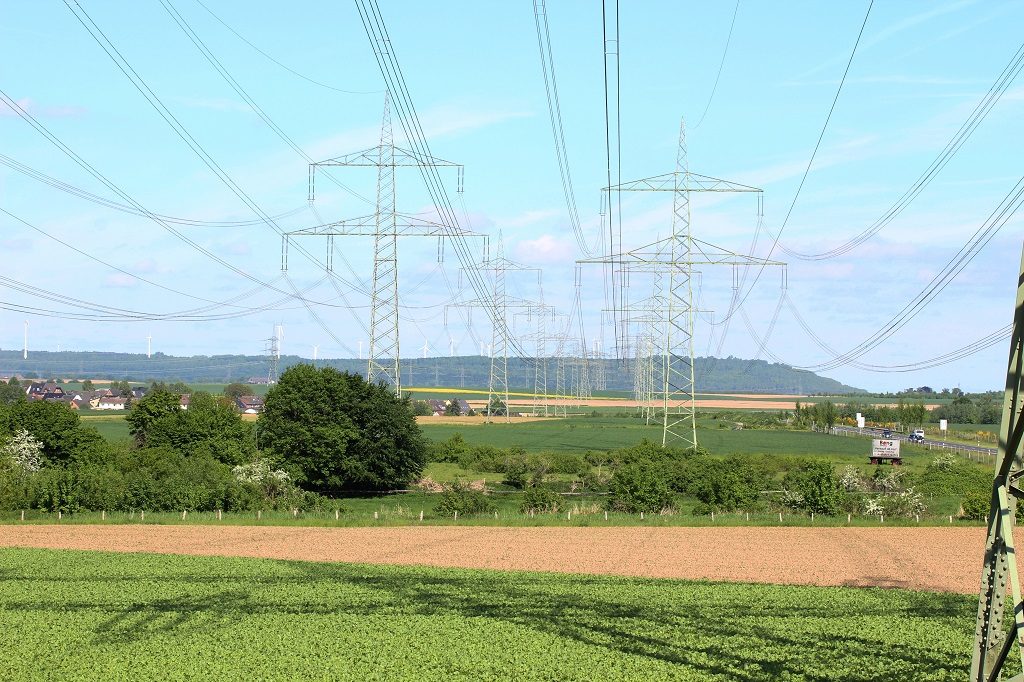The energy region remains an energy region

The exit from coal-fired power generation leads to the end of opencast coal mining in central Germany. The combined competencies of the German energy industry and Dutch greenhouse horticulture leads to technological innovations with high export potential for regions with similar economic needs and strong potential for renewable energy.
Transition to clean renewable energy in a coal-intensive region (Lausitz)
In the energy region Lausitz this initiative will demonstrate a repeatable systematic approach to aid in the transformation to a CO₂-neutral economy through the direct coupling of renewable energy and sustainable food production.
Integrated direct coupling of renewable energy generation and usage
Under the premise that Germany strives for a CO₂-neutral economy within a few years, the key to success lies in the direct coupling of regenerative energy production and usage. The integration of CEA and greenhouse horticulture alongside renewable energy production in an innovative “microgrid” configuration will serve as an exemplary and future-oriented case study in sustainable development.
Green CO2-neutral economic transformation via 1,000 ha converted from open-pit coal mining to sustainable food and renewable energy infrastructure
Every year, about 100 hectares of (CEA) greenhouses for fresh fruit and vegetables are built in Germany alone. The current degree of fragmentation of these agricultural sites prevents many opportunities. The strategic clustering of businesses in a specific region would bring significant benefits to the businesses hosted there, including cost efficiencies in energy, purchasing of inputs, training and workforce development.
Recultivation of the brownfields and underutilized land
Greenhouse (CEA) sites are ideally suited to be located in areas where the environmental impacts of the coal industry have made the land unsuitable for other purposes. This development will help to preserve unspoiled habitats, creating large areas for renaturation and biodiversity while reducing pressure on arable agricultural land. Already existing horticultural clusters, such as Rain am Lech, Knoblauchsland, Papenburg, are currently facing barriers to expansion and are limited by challenging permitting requirements.
Adding 10,000 regional jobs by 2028 - in 21st century career pathways
People from a wide variety of professional backgrounds, whose careers are being impacted by market changes and the decline of coal mining can be upskilled into stable and attractive occupations. The growth of a fossil-free horticulture sector will also stimulate new and diverse businesses across the value chain of food and energy in the region.
Transformation within 8 - 10 years
Converting underutilized brownfields for new power generation and greenhouse agriculture can bring economic revitalization to communities that have been negatively impacted by the decline of the coal industry. Upcycling real estate and upskilling workforce simultaneously can greatly accelerate the economic transformation of these regions.
Controlled Environment Agriculture (CEA) greenhouses utilizing renewable energy help to stabilize the power grid
Generating renewable energy from diverse sources requires additional measures to help manage consumption and keep the energy grid stable. Greenhouse operations, with their unique energy usage patterns, can provide an excellent buffer for renewable energy sources. Furthermore, greenhouse energy plans can be designed to repurpose waste heat from power plants and to adjust their energy usage during times of high power demand, improving grid stability and energy efficiency for all customers. This ability to improve the efficiency of renewable energy sources increases significantly with the clustering of larger greenhouses.
A ‘lighthouse’ showcase project for other European and non-European regions
The combination of a renewable energy generation and sustainable crop production creates a climate-neutral model region.
Environmentally friendly vegetable and fruit production in closed material and energy cycles
Today, modern greenhouse systems are able to use resources extremely efficiently. The rainwater used for irrigation is reused and thus protects soil and groundwater. Heat storage systems or the process heat of other companies provide a favorable climate in the greenhouses and biowaste is treated and returned to the plant cultivation. Ecological, economic and social sustainability are part of everyday life.


